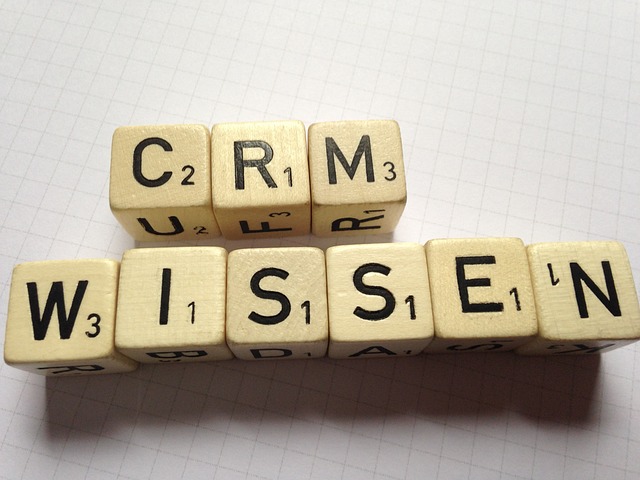Email Marketing Job: Role, Skills, and Career Path
Email marketing jobs bring together analytics, writing, and strategy to build lasting customer relationships through targeted messages. A role in this field typically requires understanding audience segmentation, deliverability, and legal considerations such as consent and privacy. Whether you’re applying as a junior specialist or aiming for a managerial position, the job blends technical tools, creative messaging, and ongoing measurement to improve open rates, conversions, and customer retention.

What job roles are involved?
An email marketing team often includes several distinct job roles: campaign planners, copywriters, designers, data analysts, and deliverability specialists. Smaller teams may combine these tasks under one role, while larger organizations separate responsibilities for efficiency. Employers look for candidates who can collaborate across departments, translate business goals into email strategy, and measure campaign outcomes. Familiarity with A/B testing, segmentation strategies, and basic HTML for troubleshooting templates is frequently part of the expectations for these roles.
What does a marketing specialist do?
A marketing specialist in email focuses on creating and executing email programs that support broader marketing goals. Typical tasks include drafting subject lines and body copy, coordinating with designers for responsive templates, setting up automated flows, and reviewing performance metrics. The specialist often maintains audience lists, applies segmentation logic, and ensures emails align with brand voice and compliance rules. Performance reporting and iterative optimization—using open rates, click-throughs, and conversion data—help the specialist refine messaging and timing.
How does campaign development work?
Campaign development starts with audience research and a clear objective—lead generation, onboarding, retention, or reactivation. It moves through planning (content calendar, segmentation), creation (copy, visuals, templates), and technical setup (sending schedules, tracking parameters). Before sending, teams typically run quality assurance checks on rendering across devices and confirm that unsubscribe and preference links function correctly. After deployment, analysis of engagement and conversion metrics informs follow-up actions and refinements to future campaign development cycles.
How is CRM used in email marketing?
Customer relationship management (CRM) systems are central to email marketing because they store customer profiles, purchase history, and behavioral signals. Integrating email tools with a CRM enables personalized messaging based on lifecycle stage, recent interactions, or product interest. Marketers use CRM data to build dynamic segments, trigger automated emails, and measure long-term customer value. Accurate CRM hygiene—deduplication, correct property mapping, and consent records—helps maintain deliverability and improves targeting precision when running frequent campaigns.
When is Japanese language required?
Some email marketing jobs require the Japanese language when campaigns are targeted to Japanese-speaking audiences or when working with regional teams in Japan. Requirements can range from basic proofreading and translation coordination to full bilingual copywriting and localization of templates, tone, and regulatory messaging. Knowledge of cultural nuances, local holidays, and layout preferences (for example, handling text density and honorifics) can improve engagement. Employers may specify language proficiency levels, so confirm whether conversational, professional, or native-level Japanese is needed for the role.
Career progression and practical skills
Progression in an email marketing job can move from coordinator or specialist roles into management, strategist, or cross-channel marketing positions. Practical skills that support advancement include data literacy, marketing automation, CRM integration, and campaign development expertise. Soft skills—project management, stakeholder communication, and problem-solving—are also important. Gaining experience with privacy regulations (like GDPR) and deliverability best practices further enhances a candidate’s profile. Continuous learning through certifications or hands-on projects helps demonstrate capability across both creative and technical dimensions.
Conclusion
An email marketing job combines technical tools, creative content, and data-driven decision-making to nurture customers and support business goals. Candidates who develop a blend of campaign development experience, CRM knowledge, and role-specific skills—potentially including language abilities such as Japanese—are well-positioned to contribute across small teams or larger marketing organizations. The role rewards iterative improvement, collaboration, and attention to both measurable outcomes and audience relevance.





